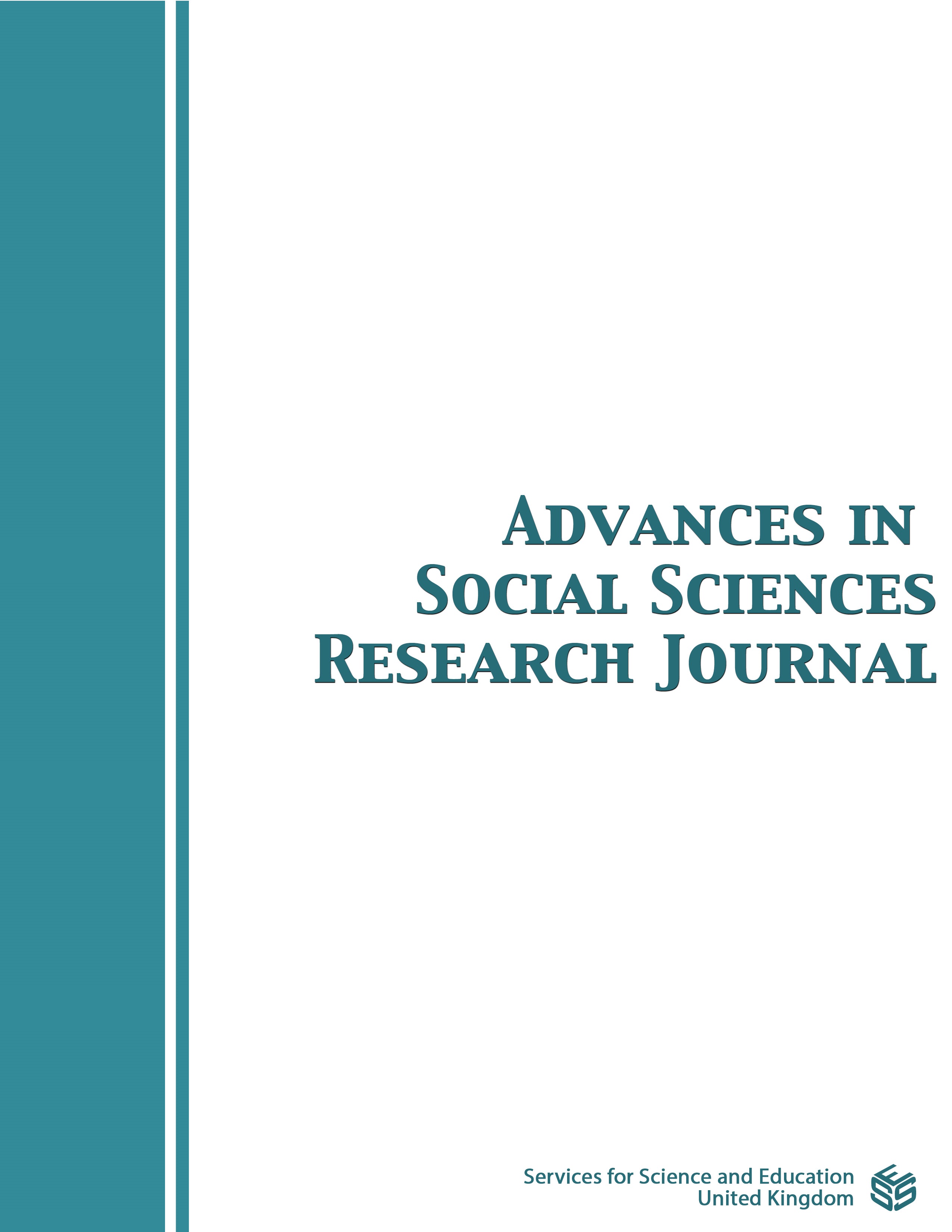Educational Disparities in Gender Stereotypes and Beliefs: Examining Gender Interaction among Respondents in Ghana
DOI:
https://doi.org/10.14738/assrj.1011.15823Keywords:
Stereotypes, Emotional Stereotypes, Sexual Stereotypes, Sexual SubmissivenessAbstract
Within various societies, individuals harbor gender stereotypes and beliefs that frequently shape perceptions and behaviors within intimate relationships. However, the extent to which individuals endorse or reject these stereotypes remains insufficiently explored. This study, utilizing a convenience sample of 303 respondents in Ghana, examined the interaction effects of gender on the relationship between educational background and gender stereotypes and beliefs—specifically focusing on the sexual submissiveness of women, emotional stereotypes about women, and sexual stereotypes about men. The results indicate an effect of gender in the relationships. Notably, ratings regarding emotional stereotypes about women were significantly higher among male respondents with a bachelor's degree, while being lowest among female respondents with a post-graduate degree. Similarly, ratings for sexual stereotypes about men were notably highest among female respondents with a bachelor's degree and lowest among female respondents with a post-graduate degree. Concerning beliefs about the sexual submissiveness of women, respondents with less than a bachelor's degree (i.e., high school/diploma) were more prone to endorse sexual submissiveness compared to those with a bachelor's or post-graduate degree. Additionally, men were more likely to endorse sexual submissiveness of women compared to women. The implications of these findings for theory, research, and policy are discussed.
Downloads
Published
How to Cite
Issue
Section
License
Copyright (c) 2023 Tina Abrefa-Gyan, Sunday B Fakunmoju

This work is licensed under a Creative Commons Attribution 4.0 International License.
Authors wishing to include figures, tables, or text passages that have already been published elsewhere are required to obtain permission from the copyright owner(s) for both the print and online format and to include evidence that such permission has been granted when submitting their papers. Any material received without such evidence will be assumed to originate from the authors.






